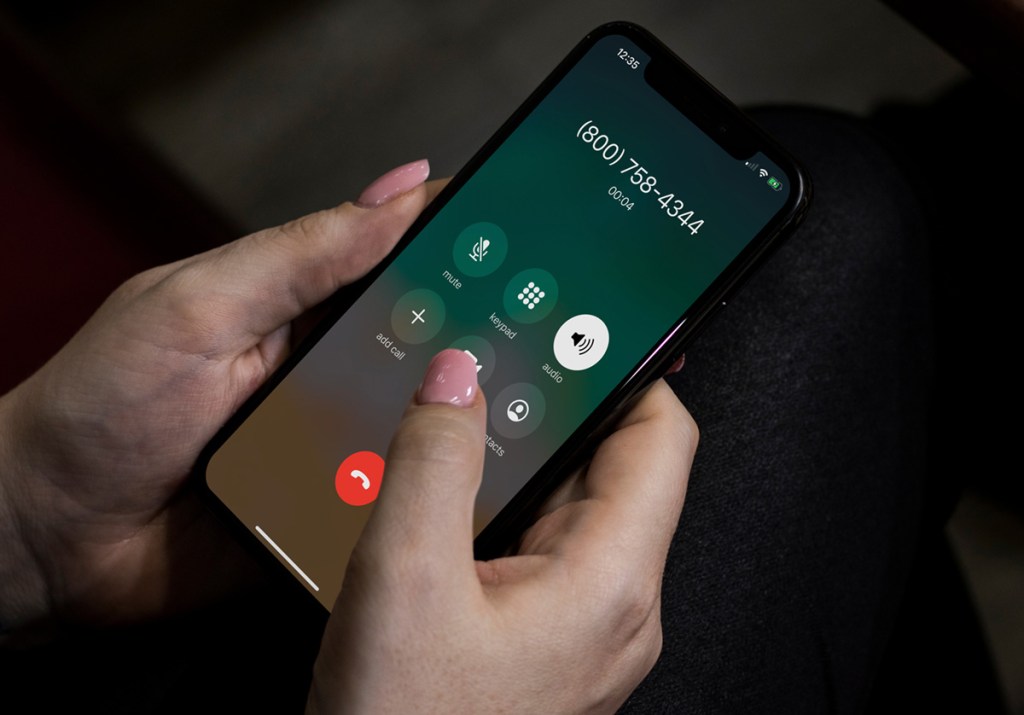There are many online scammers waiting for the right moment to trap you with malicious intentions. These scammers might call you, claiming to be from reputable tech support companies, and attempt to trick
General Good Practices
1. Don’t Answer Unknown Callers Avoid answering calls from unknown numbers. If a service provider contacts you unsolicited, refrain from engaging with them. If you’re interested in their services, research the company’s reputation online before proceeding.
2. Avoid Deals Involving Wired Money Scammers often ask for money to be wired, which is irreversible. If a seller insists on wire transfers for payments, do not proceed unless you are certain of the deal’s authenticity.
3. Never Share Personal or Financial Information Whether through text, email, advertisement, or phone call, do not share your personal or financial information with unknown contacts. This tactic, known as “phishing,” is designed to steal sensitive information.
4. Don’t Fall for Lottery Scams Scammers may inform you that you’ve won a lottery and need to pay “custom duties” or other fees to claim your prize. Remember, you haven’t won anything, and sharing your personal information will put you at risk.
5. Hang Up on Robocalls Robocalls are illegal unless the company has done business with you in the past month. Do not press any buttons to speak with an operator or to be removed from their list, as this could result in more robocalls. Blocking the number does little to prevent future calls because robocallers often use rotating numbers.
6. Use Call Blocking Apps Call blocking apps can automatically block unwanted numbers. While not foolproof, they can prevent most unwanted calls. Depending on your carrier, you may need to pay for call blocking services or additional features like identifying unknown callers.
Dealing with Scammers on the Phone
1. Verify Caller Identity Do not confirm or deny your identity until you know who is calling. Legitimate callers will identify themselves and their organization upfront.
2. Decide How to Proceed Once the caller has identified themselves, decide whether to acknowledge yourself, gather more information without identifying yourself, or hang up based on your comfort level.
3. Check the Legitimacy of Callers Verify the legitimacy of any organization by conducting a quick online search. Ask for the caller’s name, company, phone number, and contact address. If this information is not provided promptly, hang up. Cross-check the provided details online. Real companies will encourage you to call back using official contact information, not the number given by the caller.
4. Protect Personal Information Do not disclose personal information, passwords, or confirm ownership of items. If a caller fails to acknowledge you and immediately asks for information, suspect a scam.
5. Clarify the Purpose Early Ask the caller what they want early in the conversation. If they provide vague information, hang up as it’s likely a scam.
6. Avoid Affirmative Responses Do not use affirmative responses until you confirm the call’s legitimacy, as your affirmation could be recorded and misused.
7. Record Suspicious Calls Informing callers that you are recording the call often leads to scam calls being disconnected. Genuine companies will not hang up on you.
8. Avoid Visiting Promoted Websites Do not follow prompts to visit websites provided by cold callers. Doing so may expose your computer to viruses or result in giving away personal information.
9. Prioritize Safety Ask basic questions and verify caller information to protect yourself. It might seem rude, but remember that it’s the scammer, telemarketer, or fake nonprofit that is being intrusive. Real companies will understand and appreciate your caution.
By following these practices, you can better protect yourself from phone scams and ensure a safer communication experience.




